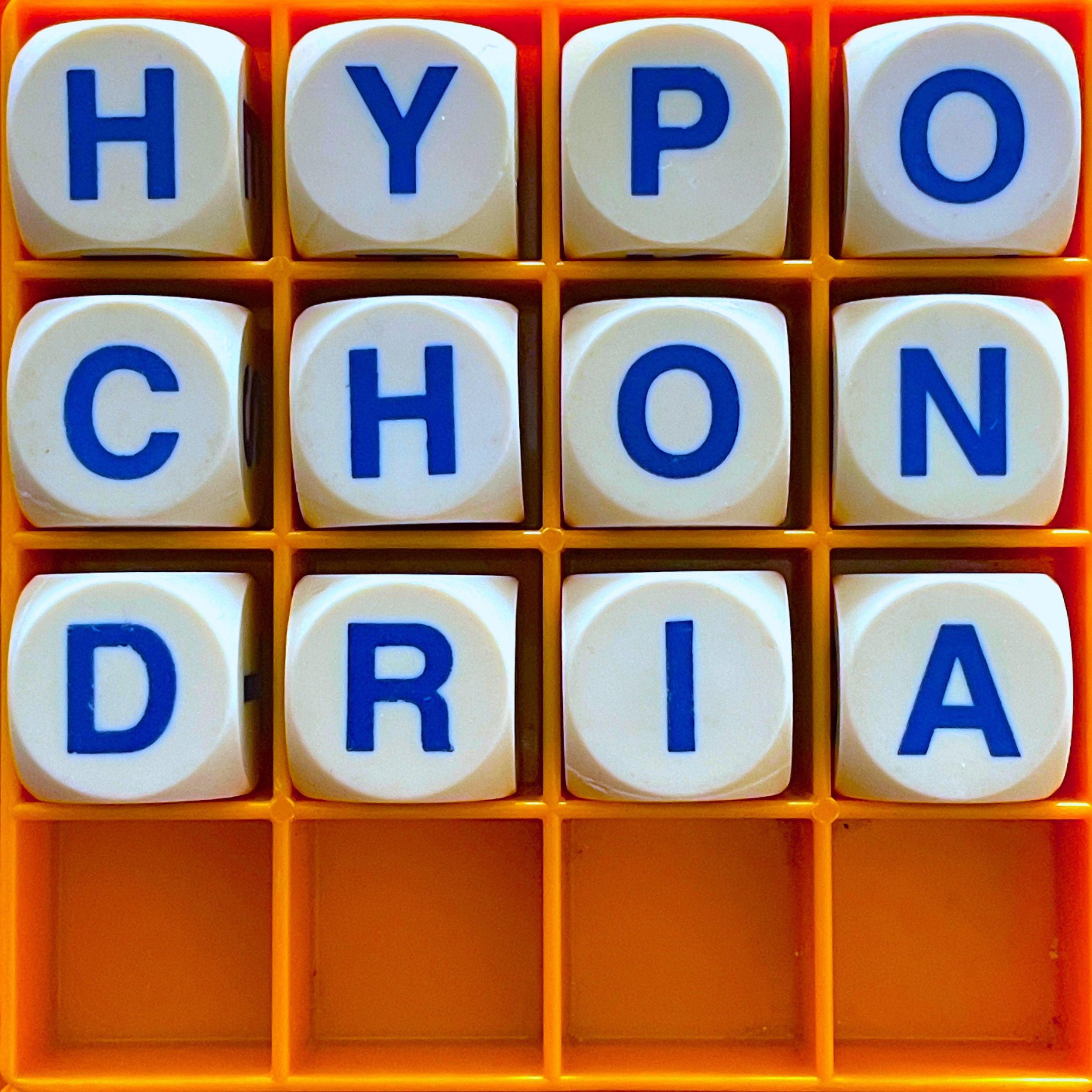CAROLINE CRAMPTON: A lot of the theoretical material that I'd read about hypochondria very much positioned it in this binary situation that either someone has, quote, real illness, i.e. illness that you can detect with a scan or a blood test or some other diagnostic tool, or "It's all in their head and it's made up," and those are the only two ways it can be. But, just personally, I feel like I'm pretty much constantly experiencing some combination of the two. And I think the idea that there is unwarranted fear: I don't think there is any such thing as unwarranted fear, to be honest.
Read moreAllusionist 36: Big Lit - transcript
The term ‘classic’ turned up in English around the start of the 17th century, when it meant ‘of the highest class’ - same meaning as the Latin ‘classicus’ from which it came. It swiftly became the label for ancient Greek and Latin literature, and by the mid-19th century, that sense had been extended to any works with that sort of quality - though when it comes to the classics of English literature, I’m vague about what that quality is. “Written by dead white men”, going by the selection of classic literature that I had to read at school and university. “Big books that make me feel guilty and stupid for not having read them?” “Source material for TV dramatisations involving bonnets?” Seriously, what does ‘classic’ mean now?
Read more

